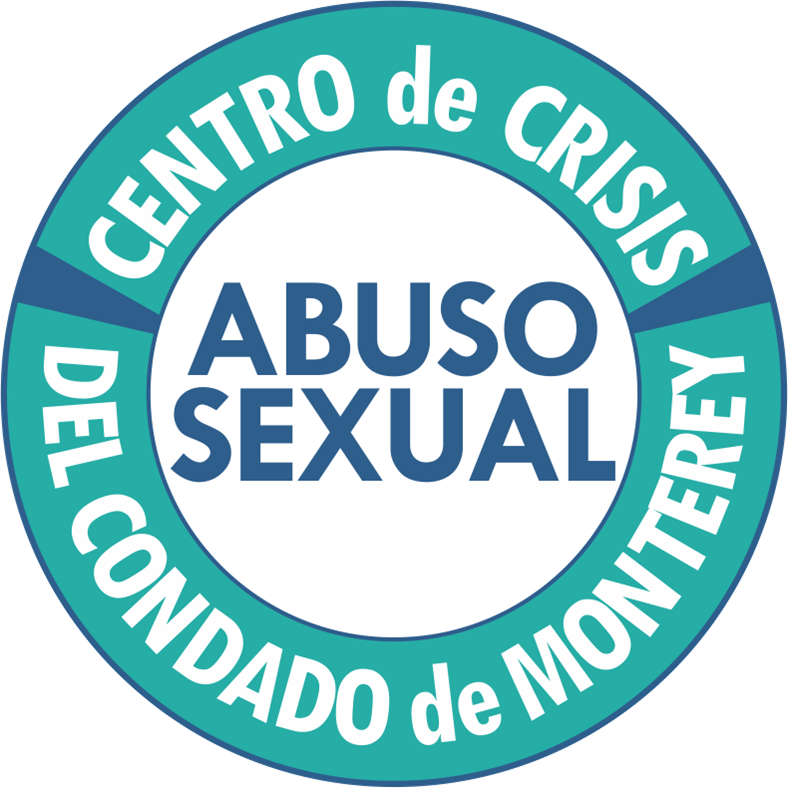Human Trafficking in the Pilipinx Community
August 9, 2018
Written by Gillyn Maung, MCRCC Intern
The people of the Philippines have long fought for liberation from the clutches of colonization and imperialism. While most would consider the Philippines to be “independent”, it is still unfortunately in the midst of recovering and repairing past damage. Such recovery and repair, however, have been slowed due to the lasting effects of imperialism, which has put many corrupt government officials in power and effectively destroyed the Philippines' economy. With the Philippine economy in ruins and a booming population, many Philippine citizens have difficulty finding work in their home country and seek work out of the country as a means of supporting both themselves and their family. This exportation of labor is bolstered systemically in the Philippines with a policy known as the Labor Export Policy, which was institutionalized in the Philippines in 1982. Since the exportation of labor from the Philippines became institutionalized, migrant work has become a common phenomenon in the country and the term OFW (Overseas Filipino Worker) has become an often-used term. As of 2016, it was found that approximately 6092 OFWs leave the Philippines every day. Furthermore, the Philippines has commoditized and begun to rely on labor export. In 2013, the Philippines received a total of $26 billion in remittances, which is more than 10% of the country’s GDP. Because of this, it is quite common for Pilipinx people to experience human trafficking. In fact, it is not uncommon for perpetrators who traffic Pilipinx people to be Pilipinx themselves.
Tagalog, the language of the Philippines, is the third most commonly spoken language in Monterey County, so there is very well a chance that there are Filipino workers in the area being trafficked. As such, the next time you hear of or think of cases involving human trafficking, do not only contemplate at the case level. Question and ponder the reason trafficking exists, and you may very well find yourself discovering the long history of corruption and oppression that may be responsible for these cases.
References:
